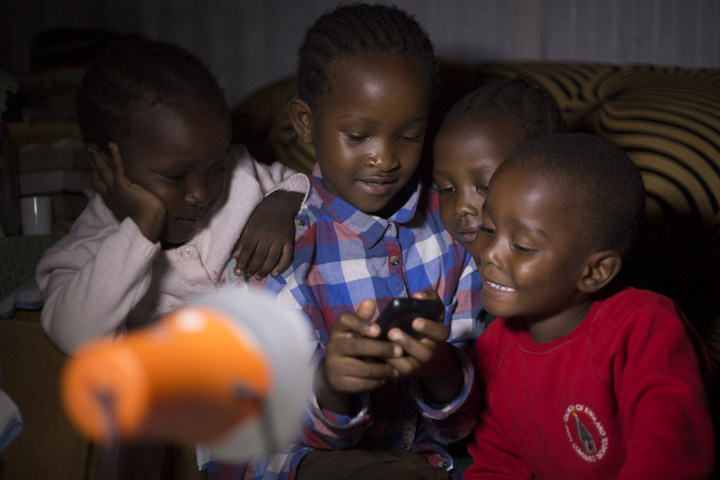Due to its ability to operate as a personal power grid, d.light’s solar kits have gained a lot of attention in low-income rural parts of the world, making it possible for the people to switch from costly kerosene and enjoy the benefits of a sustainable power supply.
The company has already garnered a lot of investment for off-grid solar deployment: in the first four months after setting up shop in October 2016, it accumulated an impressive US$40 million in capital and debt funding.
This time, d.light has secured $25 million funding from the European Investment Bank (EIB), with an eye to strengthening energy access in Africa.
According to the bank, the installation of the d.light off-grid solar systems will initially take place in Ethiopia, Kenya, Nigeria, Tanzania and Uganda.
“I am delighted that the EIB has signed this new financing with d.light in Africa for an off-grid solar project that will have a major economic and social impact on people and micro-entrepreneurs,” says EIB vice president, Ambroise Fayolle.
Currently, d.light has three type of solar kits on offer. The packages include not only a solar panel, but also various other devices such as: mobile phone chargers, solar lights, light switches, torches, FM radios, and even TVs.
While being easy to use, the systems are also easy to finance. Namely, the company is know for its Pay-As-You-Go (PAYG) financing option, which allows system owners to pay for solar kits while using them.
Payments can be made using a wide variety of mobile platforms and, as long as they arrive on time, the system remains unlocked. Once paid in full, the PAYG solar home system is then wholly owned by the customers.
Popular content
D.light has set an ambitious goal to reach 10 million solar installations in sub-Saharan Africa within five years. It has made a promising start in the market, with almost all of its 120,000 D30 solar kits sold within four months in East Africa, with the highest penetration being in Kenya.
According to the EIB, Africa’s nascent renewable energy sector is likely to see further investments.
“With its unique technical and financial expertise in the support of solar projects, the EIB will mobilize new investments to develop renewable energies in Africa,” says Fayolle, noting that the bank is determined to implement the Paris climate agreement.
The EU bank already has a strong track record of investments in solar and other renewables.
At the founding ceremony of the International Solar Alliance, which recently took place in New Delhi, India, the EIB emphasized its record investment of €1 billion in global solar projects in 2017, while it also confirmed it would be significantly expanding its activities in support of solar energy in developing and emerging economies.
Since 2002, the EIB has allocated €6.3 billion in financing to solar projects, with roughly half of its commitments going to emerging and developing economies.
This content is protected by copyright and may not be reused. If you want to cooperate with us and would like to reuse some of our content, please contact: editors@pv-magazine.com.



By submitting this form you agree to pv magazine using your data for the purposes of publishing your comment.
Your personal data will only be disclosed or otherwise transmitted to third parties for the purposes of spam filtering or if this is necessary for technical maintenance of the website. Any other transfer to third parties will not take place unless this is justified on the basis of applicable data protection regulations or if pv magazine is legally obliged to do so.
You may revoke this consent at any time with effect for the future, in which case your personal data will be deleted immediately. Otherwise, your data will be deleted if pv magazine has processed your request or the purpose of data storage is fulfilled.
Further information on data privacy can be found in our Data Protection Policy.